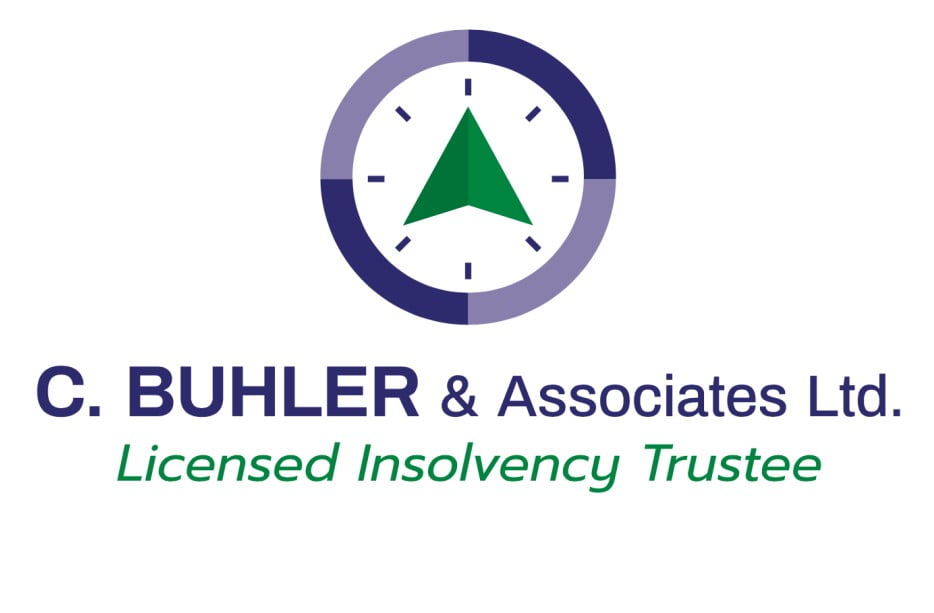Divorce doesn’t directly affect your credit score. Creditors and credit monitoring agencies don’t take your marital status into account when calculating your credit score or when calculating how much credit you’ll be allotted.
Despite this, many divorcees feel the negative impacts of divorce on their credit scores; it’s the consequences of the divorce proceedings, not your marital status itself, that can affect your credit score.
How Divorce Can Affect Your Credit Score
Divorce May Lead to Lower Income
Many households in Canada have dual income; divorce leads to a splitting of your household income, which can have a number of financial consequences. Bringing in less money can make certain payments unaffordable. Ideally, these are shared payments that both parties will continue to pay off together.
In some circumstances, however, your spending habits will not immediately change to match your lower income or certain debts may become unaffordable. Not paying off your debts leads to a lower credit score.
Shared Debts Still Need To Be Paid
When two people have a joint credit card account—or any other joint accounts—the debts on those accounts still need to be paid. While the court may rule that both parties need to pay a certain amount each month toward a shared debt, one party may be unable or unwilling to pay.
Credit bureaus don’t care why debts aren’t being paid, and don’t pay any mind to what the Court decided. As such, non-payment affects both people’s credit reports, even if only one party did not pay toward the joint debt.
Your Credit Limit May Be Lowered
When your household income is lowered because of a divorce, credit reporting agencies are likely to lower your credit limit. A lowered credit limit does not, in and of itself, affect your credit score—but it can affect your credit utilization ratio.
Your credit utilization ratio is simply how much of your credit you use as a percentage of your total credit. Spending $100 when you have $10,000 worth of credit available would mean a utilization ratio of 1%. Imagine your credit limit drops to $5,000 after a divorce; that same $100 would then mean a utilization ratio of 2%.
This ratio is an important factor in determining your credit score; when the total credit available to you goes down, your utilization ratio goes up, which can lead to a lower credit score.
Joint Accounts May Need To Be Terminated
The termination of a joint account, whether you have joint credit cards or a joint line of credit, will lead to a reduction in the total credit available to you. This, in turn, leads to higher utilization ratios if you continue to borrow the same amount each month.
How Do Creditors and Credit Monitoring Agencies View Divorce?
The credit monitoring bureaus do not consider the rulings in a divorce decree or any other elements of the divorce process when calculating your credit score; they’re more concerned with late payments, your total household income, and your credit utilization ratio. As such, your marital status will not appear on your credit report—even though it can seriously impact your credit.
Child Support Payments and Your Credit Score
Unpaid child support payments act like other unpaid debts; they can appear on your credit report and negatively affect your credit score.
Conclusion
While divorce doesn’t directly impact your credit score, lower income, increased credit utilization ratios, and shared debts can all have a serious impact on your credit score. Credit counselling can help you avoid the negative effects that divorce can have on your credit score; contact C. Buhler & Associates Ltd. for credit counselling or a discussion about your other financial options today.





